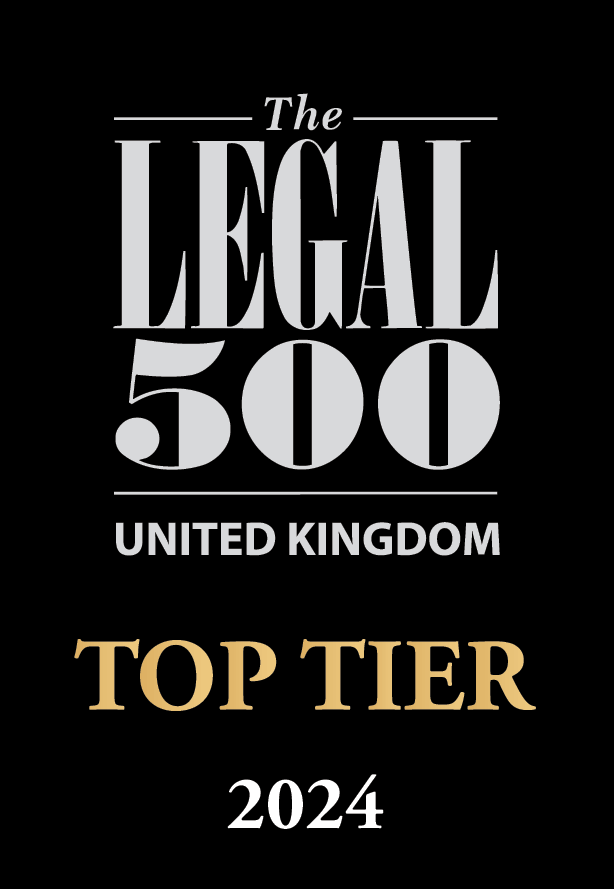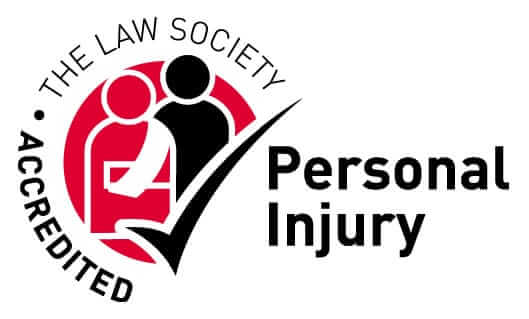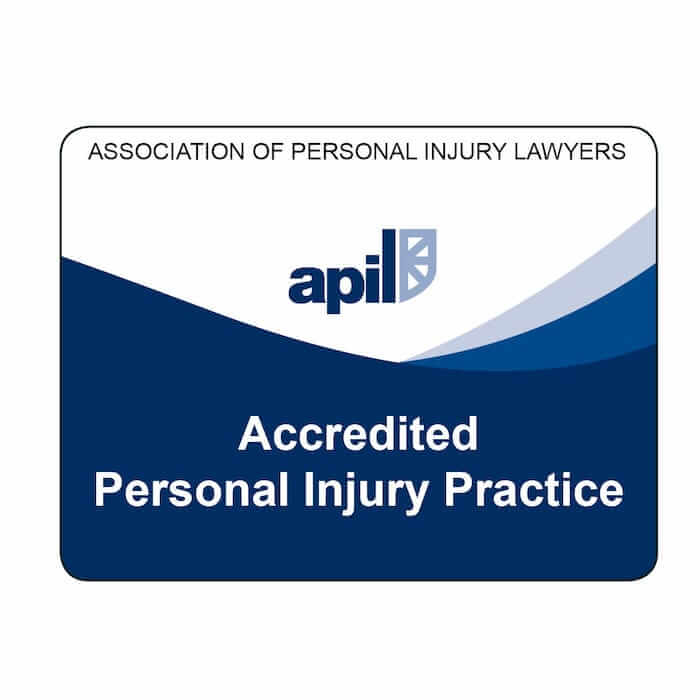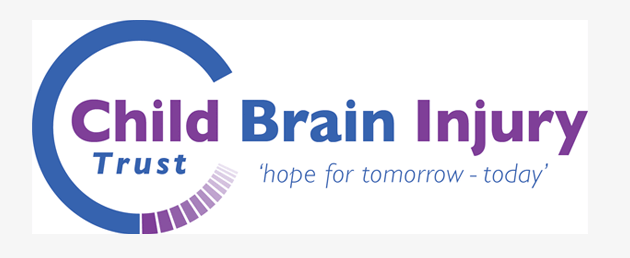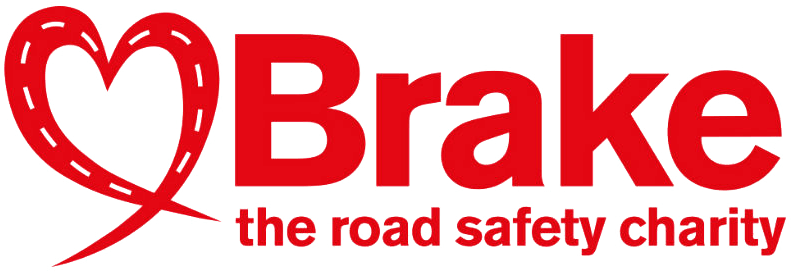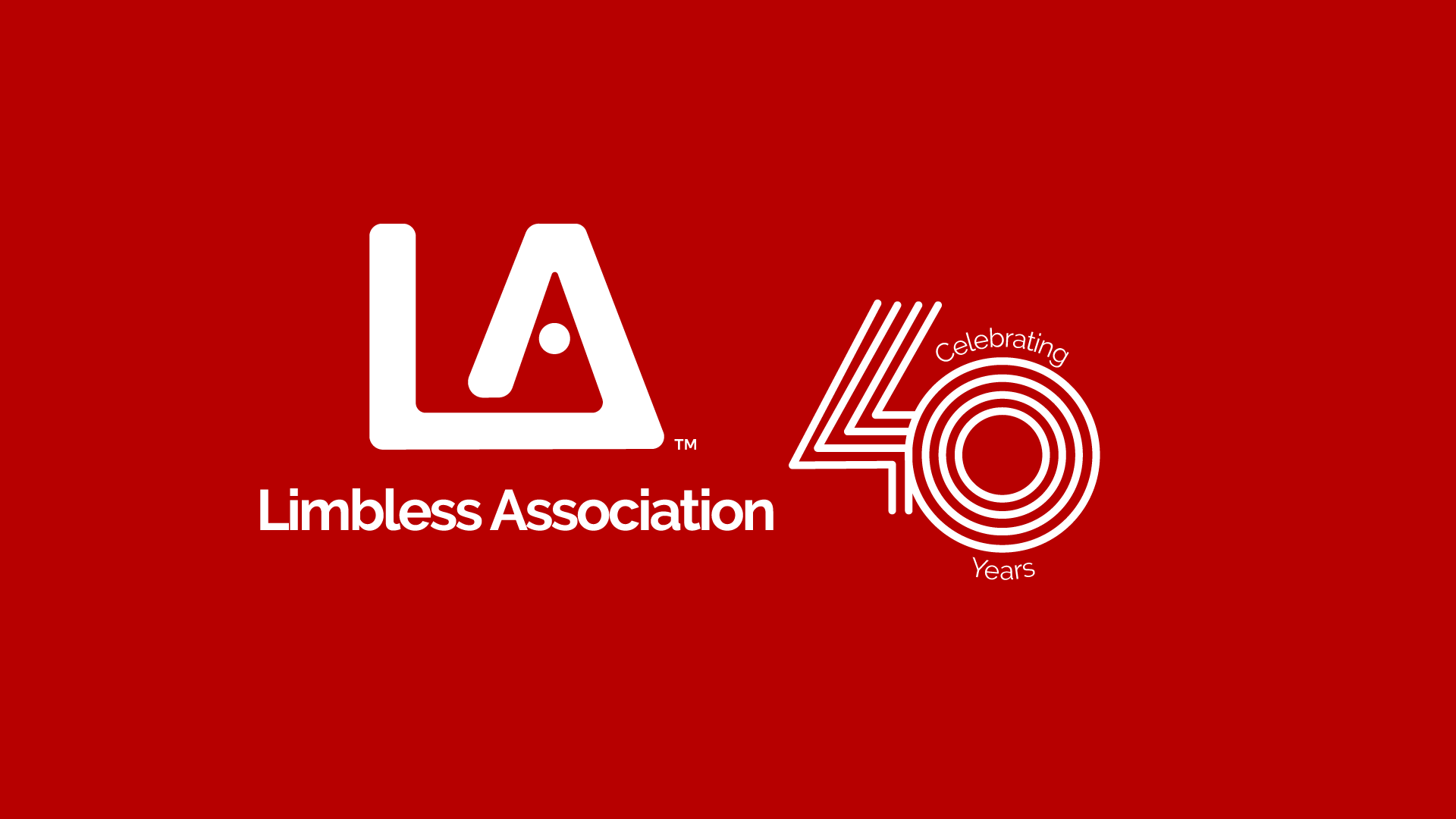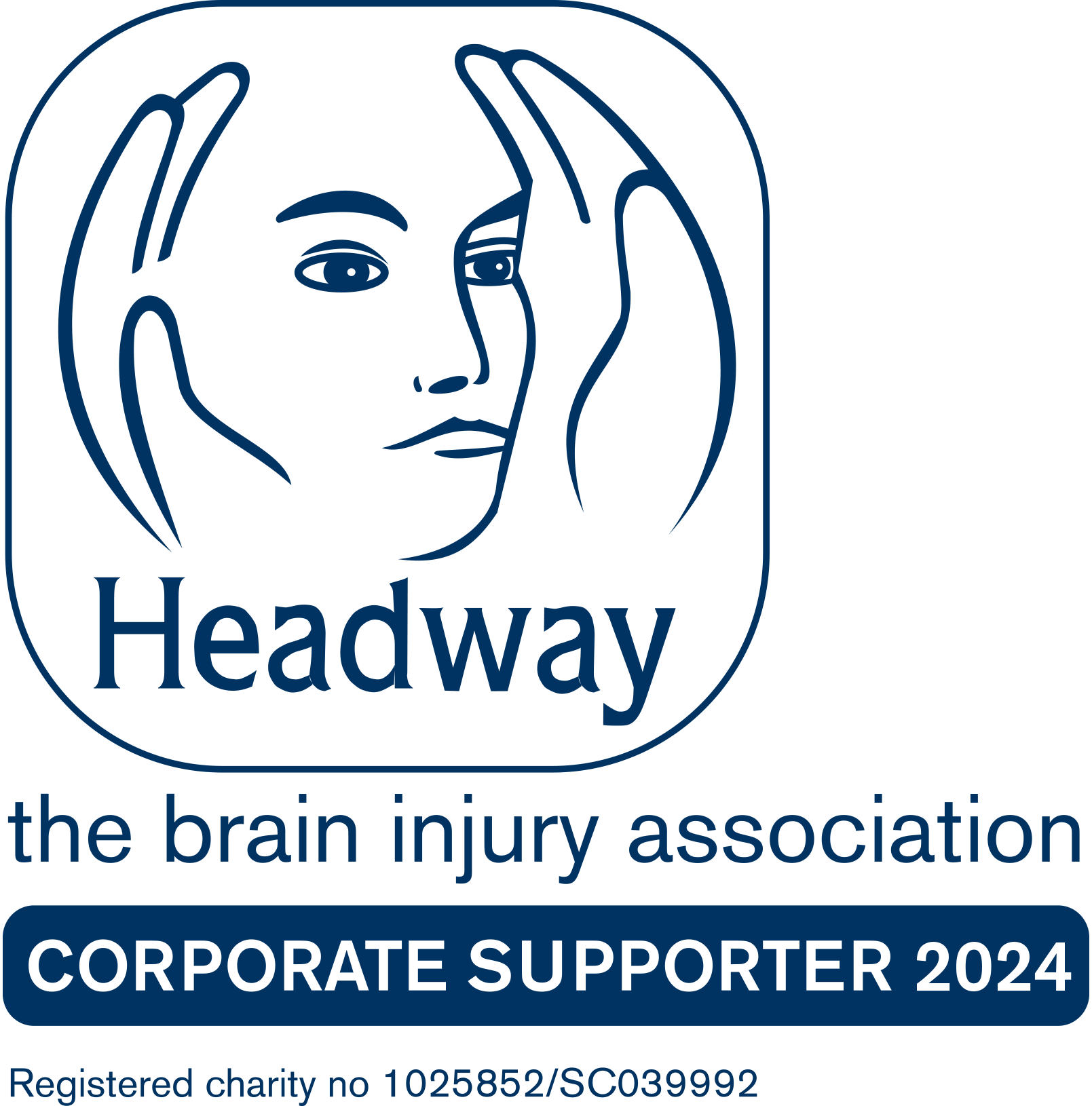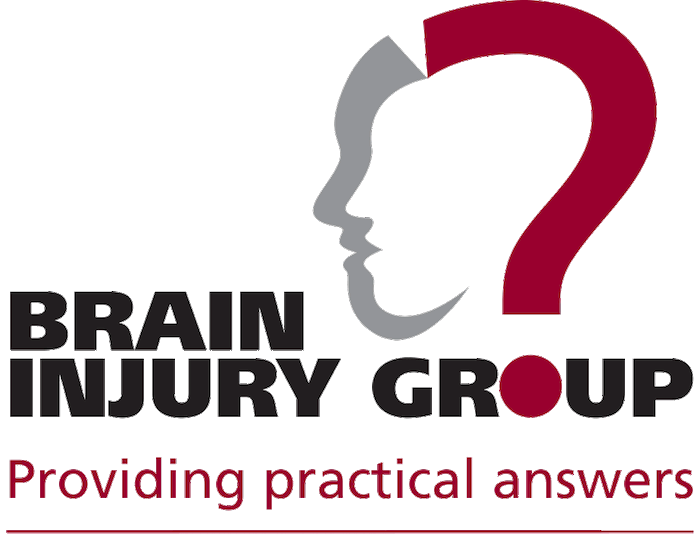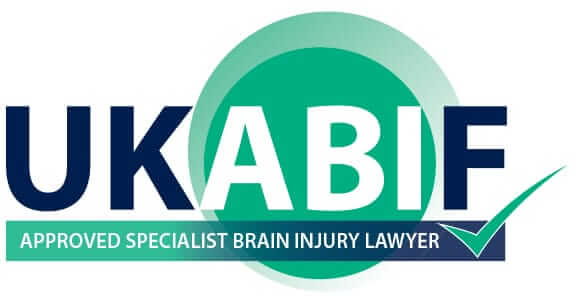 Personal Injury
Personal Injury Dental Injury Compensation Lawyer
When someone suffers an injury in an accident, dental injuries are probably not the first thing that’s considered. However, these can often be among the most painful.
Dental injuries can have a long-lasting impact on victims, lowering confidence, causing long-term pain and leading to distress and worry. We know that whether it’s a broken tooth or something that requires lifelong support, dental injuries can be hugely damaging.
That’s why we’re here to help. At Hodge Jones & Allen, our specialist personal injury solicitors have experience dealing with a wide range of personal injury claims and are experts in getting you the compensation you deserve.
 “Hodge Jones & Allen is a well known and popular claimant law firm, with a reputation for taking on complex cases that require excellent legal knowledge and courage.” – Legal 500, 2023
“Hodge Jones & Allen is a well known and popular claimant law firm, with a reputation for taking on complex cases that require excellent legal knowledge and courage.” – Legal 500, 2023
 Our Personal Injury team has been ranked in the Chambers & Partners 2024 legal directory. The team was described as “very attentive in every regard“ and were praised for providing “solid advice tailored to each request.”
Our Personal Injury team has been ranked in the Chambers & Partners 2024 legal directory. The team was described as “very attentive in every regard“ and were praised for providing “solid advice tailored to each request.”
we can help.
0330 822 3451Accidents involving dental injuries
We work with clients who have suffered dental injuries in a wide range of scenarios, including:
- Slips, trips and falls
- Biting into foreign objects in food
- Accidents at work
- Children and adults alike falling off defective climbing frames, ladders or roofs
- Being struck in the face, either by another individual or a piece of equipment
- Road traffic accidents
- Cycling accidents
We know dental injuries can have severe consequences. As well as the physical pain, missing teeth can lead to psychological problems and a great deal of distress. That’s why we look to get you the compensation you deserve.
"Louise Jukes provided an excellent service for my claim - the process was explained clearly and the subsequent communication was always swift. Louise was extremely personable and empathetic too, which I was grateful for. The outcome was also very positive and also happened quickly. Would highly recommend! Thanks Louise and all at HJA."
Why choose Hodge Jones & Allen?
At Hodge Jones & Allen, our personal injury solicitors have over 40 years of experience in helping those who have suffered a dental injury as a result of an accident. We know that this can be a traumatic experience, so we take every care to offer you all the support you need along the way.
Our personal injury solicitors are experts in getting you the compensation you deserve. After an accident, we work hard to establish what happened, how this impacted you and who was to blame for the accident. We gather all the evidence needed to bring your dental injury claim and build your case, representing you every step of the way.
You can trust Hodge Jones & Allen to have your best interests at heart. Our cases are funded through a conditional fee agreement, often known as No Win, No Fee.
This means that you won’t have to pay anything up front and there is no financial risk to you if your dental injury claim is unsuccessful, provided you have taken out After the Event Insurance (ATE).
How do I make a dental injury claim?
As with any personal injury claim, we advise you to seek medical attention as soon as possible after the incident to establish the extent of your injuries and help you start your recovery.
Once you have received the care you need, you should get in touch with our personal injury team for a free consultation. They will look to establish what happened in your accident, as well as the injuries you sustained.
From there, we will look to establish liability. To do so, a dental expert is instructed to comment on the injury and whether there is a causative link to the accident.
Who is deemed to be at fault for a dental injury will depend on the circumstances. If the incident took place at work, it could be the employer who is responsible. If the injury is caused by a trip or fall on the highway, it is likely to be the local authority. If the injuries were sustained in a road traffic accident, it could be the other driver.
The personal injury team will assess your case based on all the information provided and obtained.
Once we have this, the next step is to process your claim and offer you representation every step of the way to ensure you get the dental injury compensation you deserve.
It’s also worth noting that a claim for a dental injury must be brought (submitted to the court) within three years of the date you suffered an injury, or within three years of you being aware that you have suffered an injury. There is an exception for children under the age of 18 years who have until they reach their 21st birthday to submit their claim to court.
How much dental injury compensation will I get?
The amount of compensation you can claim for dental injuries will differ from case to case. It all depends on the severity of the injury and the impact it has had on your life. For example, if an accident has led to a tooth being broken, you may only be able to claim for the cost of the tooth being repaired.
However, serious cases can also include jaw injuries. If a jaw is fractured, it can lead to it becoming displaced, resulting in clicking, an altered bite as well as permanent numbness and the risk of osteoarthritis. In such cases, the compensation you may be entitled to claim will be higher.
As your case develops, speak to your solicitor to find out how much compensation you may be able to claim, or use our online personal injury compensation calculator now to see an estimate of how much you could claim.
"MS RIFFAT YAQUB HAS BEEN VERY HELPFUL TO ME, VERY SYMPATHETIC AND PATIENT. THE OUTCOME WAS BETTER THAN I COULD HAVE HOPED FOR AND ALL DOWN TO THIS WONDERFUL WOMAN."
Do I need to arrange dental treatment myself or will my solicitor arrange this?
In cases involving serious injuries, you should seek treatment immediately. Even if it’s not serious, it is still important to visit your dentist for treatment as soon as possible. While dental treatment can be organised through the claim, this often happens at a later date. It is important for individuals to obtain treatment at their local dentist, as we will request the dental report to support your case.
Dental treatment can be very expensive. Will it be included in the claim or do I need to pay for this?
If treatment does not take place on the NHS, you will have to pay for the treatment yourself. If liability is admitted and it is proved that the injuries were caused by the accident, the cost of past and future treatment can be claimed from the defendant. The amount of treatment will be considered by the medical expert.




































